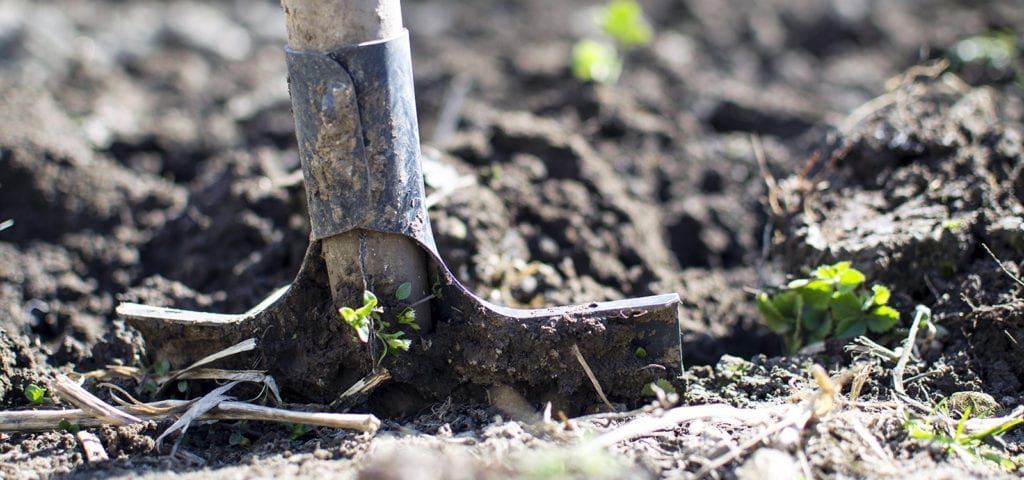Despite being among the first states to legalize medical cannabis, Washington state has backpedaled in recent years. Particularly, patients who rely on cooperative gardens are not faring well, according to a document obtained by Ganjaprenuer through a Freedom of Information Act.
Washington’s medical cannabis system evolved for fifteen years following the passage of I-692 in 1998. The system was founded on an innovation in cannabis production known as Collective Gardens — these gardens were based on the old adage “many hands make light work.” Under the state’s medical cannabis law, patients could form a cannabis garden together and subsidize each other to produce the sometimes large amounts of cannabis needed to treat some qualifying conditions, such as cancer. This system was officially put into statute in 2011, but no regulatory framework ever emerged. Eventually, legislative inaction led to a vast, unregulated network of collective gardens across Washington. Some of these, but not all, would eventually make the leap into brick and mortar storefronts — it’s estimated that there were once thousands of these small businesses scattered throughout the state.
After last year’s merging of the recreational and medical markets, however, patient collective gardens were phased out along with the majority of medical cannabis shops. Under the new system, group grows are now known as “cooperative gardens” — and though the name has only slightly changed, cooperative gardens are very different from collective gardens. These new grows can include only four patients or designated providers (down from the collectives’ limit of ten). Participants also must be over age 21, registered on the Marijuana Authorization Database, and must have obtained a medical cannabis recognition card.
Patients are allowed to grow up to sixty plants per co-op, which must be located at a member’s home. Lawmakers also added the barriers that no member can live within one mile of a recreational cannabis store and all gardens are subject to the same geographic restrictions regarding schools and playgrounds as cannabis shops.
Cooperative gardens are required to track their cannabis from seed to consumption, submit monthly reports, and agree to random home inspections by the Liquor and Cannabis Board (LCB). According to the LCB, these inspections can be held between the hours of 8 am and 8 pm and are legal under the 4th Amendment and Washington’s statute.
According to the Freedom of Information request carried out by Ganjaprenuer, the number of cooperative gardens in Washington has been dramatically reduced. The document reveals that only nine applicants out of fifty have been “Set for Final Process.” Thirty-seven of the applications have been withdrawn, with the reason for withdrawal listed as “Local Authority Restriction” or “Too Close to a Restricted Entity”. The restricted entity type is not noted, which could be a school, playground, or even a recreational cannabis store. Only eleven of the withdrawals are from applicant request or documents not received. Four applications are still in process.
Currently, there are only 36 patients out of 20,224 registered on the Marijuana Authorization Database being served by these cooperative gardens. That is only 0.02% of the registered medical cannabis patients in the state.
Get daily cannabis business news updates. Subscribe
End
